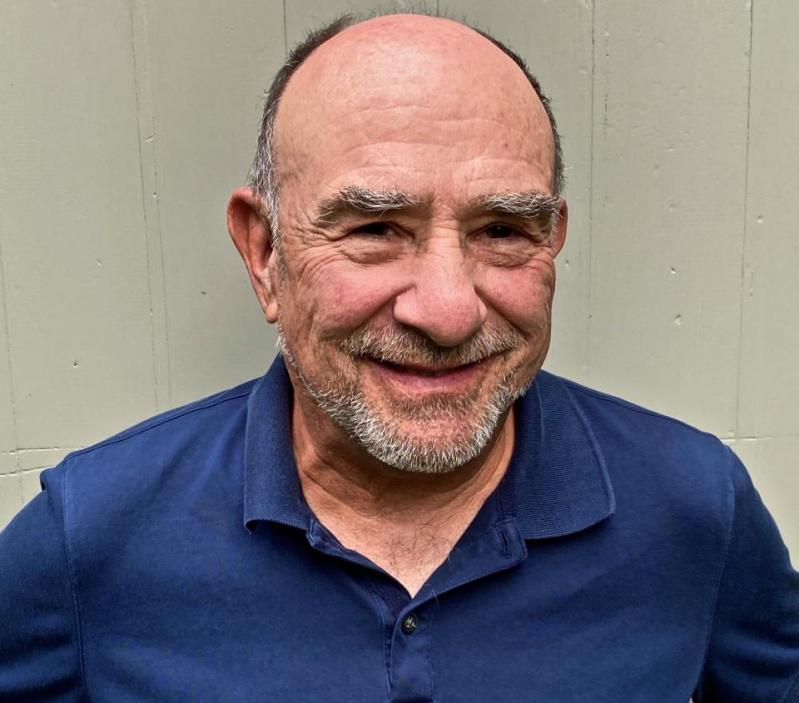Philip Schultz Reads New Work
Consider the arts center that is the towering former Methodist church in downtown Sag Harbor. For once, there you have it, a structure too big for its lot that doesn't send the spirit sagging.
On Saturday you've been invited to step inside for a 6 p.m. reading by East Hampton's Philip Schultz, the poet and Pulitzer Prize winner, a not too common occurrence hereabouts. He's now at work on a new collection, reportedly to be titled "Something and Nothing," and in it is a long poem in reaction to "The Artist and His Mother" by the Armenian-American painter Arshile Gorky, from sometime between the wars and based on a photo of his mother, who starved to death in the Armenian genocide under the Ottoman Empire.
Mr. Schultz will also read from previous work, according to The Church, and "discuss his inspirations, provide insight into his process, and welcome the curious to learn more about the wordsmith." Indeed. Admission is $15, $10 for members.
Translation Award for Will Schutt
Last month John Cabot University, an American institution in Rome, let it be known that one of its own, Will Schutt, a creative writing professor there and a summertime Wainscott resident here, has won the Joseph Tusiani Italian Translation Prize for his translation of Fabio Pusterla's "Brief Homage to Pluto and Other Poems," from Princeton University Press.
Mr. Pusterla is a leading contemporary poet in Italy. Mr. Schutt is a past winner of the Yale Series of Younger Poets award. His first collection, "Westerly," was published by Yale University Press in 2013.
Levy and Krimstein Talk Einstein
Another Wainscotter, Francis Levy — comic author, Star contributor, fabulist, blogger, who's latest story collection is "The Kafka Studies Department" — will interview Ken Krimstein about his "Einstein in Kafkaland," perhaps the most intriguing and consequential graphic novel of the season, at Von Bar on Bleecker Street in Manhattan on Friday at 7 p.m.
The book's subtitle, "How Albert Fell Down the Rabbit Hole and Came Up With the Universe," refers to Einstein's time in Prague in 1911 and 1912, coincident with Franz Kafka, each grappling with the biggest questions of the new century.

